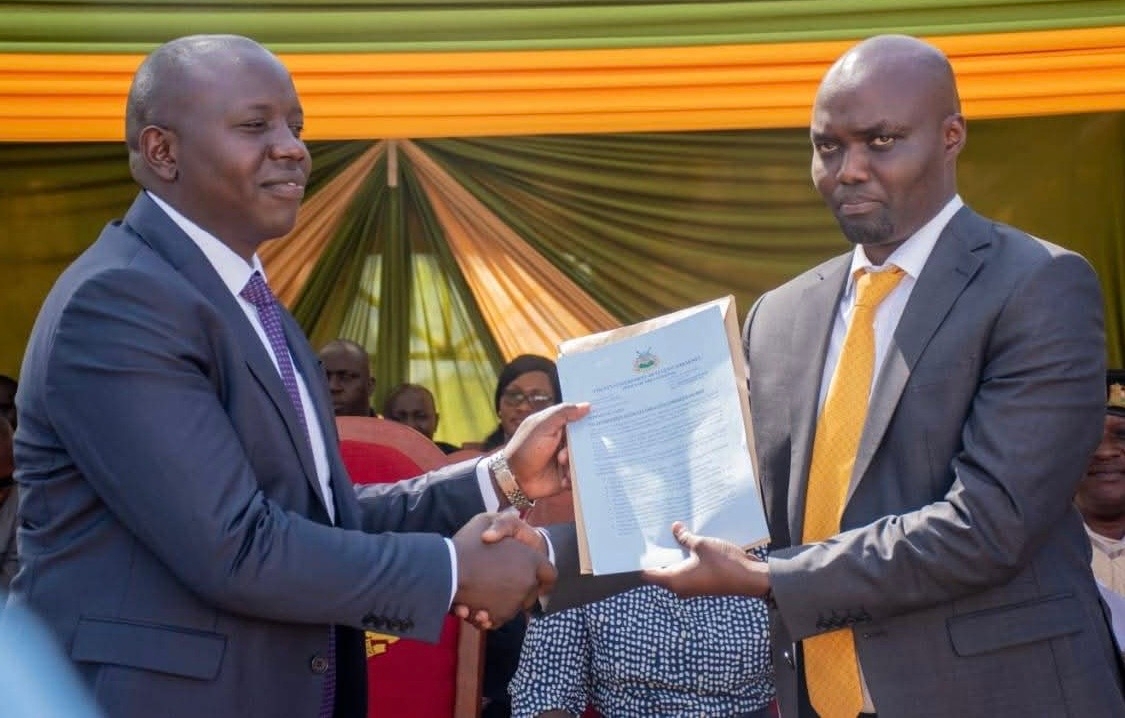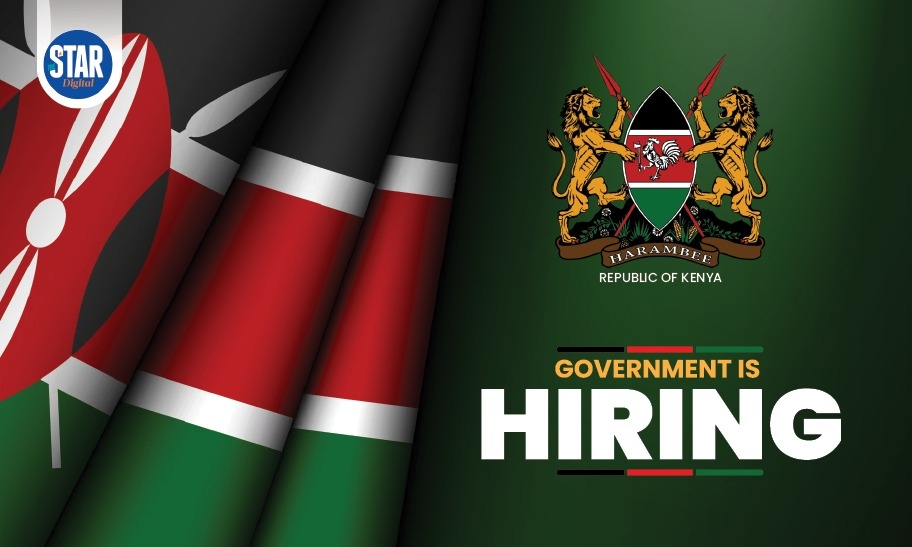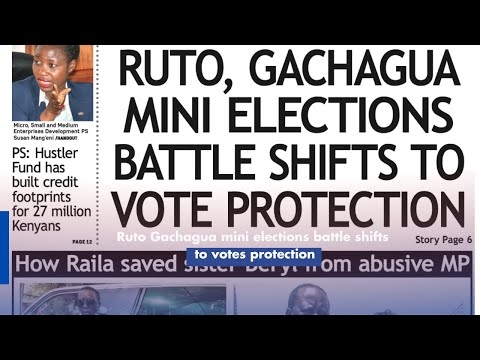Transport CS Kipchumba Murkomen has directed the recently formed task force on e-mobility to submit its draft report within 30 days.
Murkomen further asked the team to ensure a draft policy document containing implementable policies, including economic incentives to enhance the uptake of electric mobility, is submitted in six months.
“They will also be required to ensure that the regional context is considered to allow for the seamless movement and operation of electric vehicles from Kenya to its neighbouring countries without any hitch,” the CS said.
He was speaking when he inaugurated the 15-member team chaired by Daniel Ngumi.
The CS acknowledged that the government is lagging behind the private sector on e-mobility.
He said there is no “coherent” national electric mobility policy, legislation, regulations, or guidelines to aid the development of the industry.
Murkomen said many players in the industry, both from the public and private sectors had continued to engage in numerous platforms and explorative endeavours to fill the void.
“This has now created an environment that is unpredictable thus discouraging potential investors, and denying young Kenyans numerous job opportunities,” he said.
Murkomen constituted the team through a Gazette Notice dated August 4.
The task force is mandated to develop a policy framework to guide the development of e-mobility space in the country and review the impact of adopting e-mobility on sustainability of the road maintenance fuel levy fund (RMLF).
It has also been mandated to develop short, medium and long-term transition actions to promote and sustain e-mobility in the country and review existing fiscal policy as well as make recommendations to support growth and development of e-mobility.
The work of the task force, Murkomen said, will be supported by electric mobility experts both from local and international.
“This is to infuse international best practices with financial support from one of our development partners,” he said.
The move to form the task force according to the CS is informed by the fact that Kenya requires a safe, reliable and sustainable transport system that meets the basic needs of citizens, businesses and industry.
He said with countries where Kenya sources its automotive technologies having set dates to fully transition to e-mobility by stopping producing petroleum fuel-based engines, there was need to have necessary strategies to embrace e-mobility.
“Kenya is a leader in technological innovation and should therefore maintain dominance by embracing e-mobility,” he added.
Murkomen said with over 90 per cent of power being from renewable energy as hydro, geothermal, wind and solar, this presents a huge opportunity for the transport sector to contribute immensely to the reduction of the GHG effect.
Ngumi will be deputised by Jerotich Seei.
Members include David Mutisya, Anne Nyaga, Augustine K. Kenduiwo, Chris Mugo, Zacharia Lukorito, Judy Chepkirui, Edwins Mukabanah, Ibrahim Kinyanjui, Javan Odenyo, Hesborn Mose, Githaiga Weru, Meshack Ochieng, and Izael Da Silva.
















